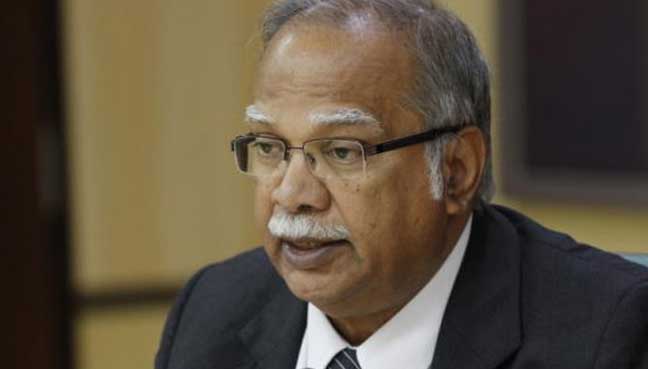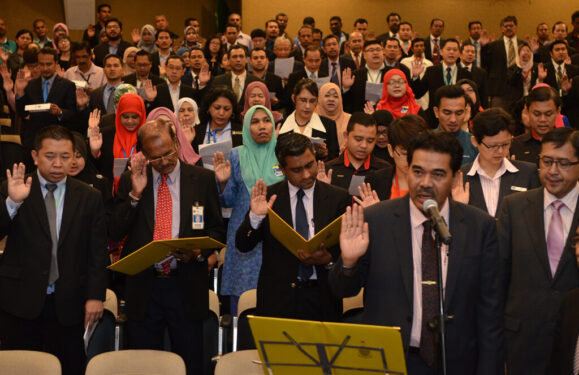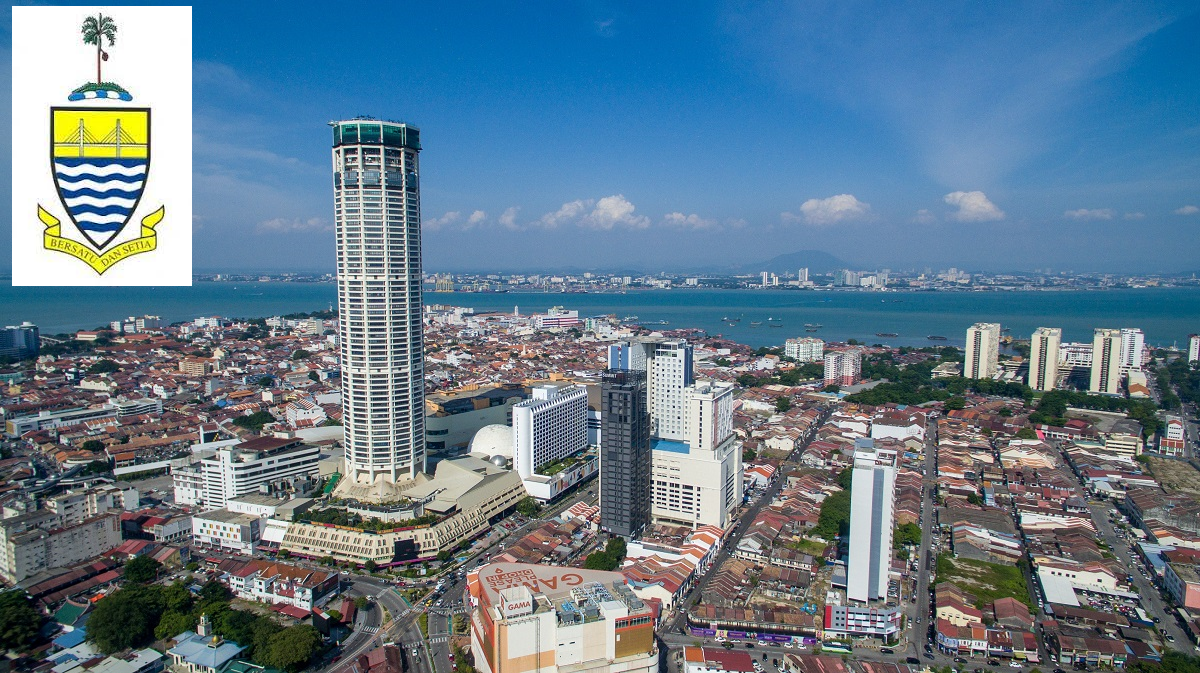THE issue of public sector employment particularly the lack of non-Malay participation remains controversial and combustible.
Some irresponsible media twisted my recent argument of reforming the civil service by saying that I wanted the Malay monopoly to be broken.
This was not what I said and meant. And certainly, this is not what I envisioned for the future development of the country’s public service.
I merely wanted the recruitment of non-Malays to be improved to some extent, certainly not in the context of zero-sum game of placement and displacement.
Definitely, it was not about the question of robbing Peter to pay Paul. The example of the Penang state recent employment initiative might throw some light on what I said about reforming the civil service.
‘Balanced employment’
When the Pakatan Rakyat (PR) government took power in 2008, there was a glaring omission of the recruitment of good and capable Malays, non-Malays and women.
One cannot talk about reforms in the civil service without factoring the question of gender and social class.

In 2009, the Penang state came out with the policy called pengambilan seimbang or a “balanced employment” policy to improve the state’s civil service.
The implementation of this methodology in periodic consultations with the various human resource departments saw the gradual improvement of talented Malays, non-Malays and women.
Jobs were advertised, interviews held and candidates screened before interviews. This method ensured that both Malays, non-Malays and capable women had a chance to be recruited based on merit.
Under the previous Barisan Nasional (BN) government, there was high degree of favouritism and nepotism in the state agencies.
Lack of effective screening, improper employment procedures and others contributed in rendering the state agencies sluggish.
The notion of balanced employment was not merely focused on reforming the racial imbalance, but factoring the question of meri, and the gradual inclusion of women.
Thus, under this system of recruitment and employment, there was no place for displacement or preferential treatment based on ethnicity or class.
It was an expanding pie that took account of the interest of ethnic groups, women and the performance criteria based on merit.
Don’t expect overnight reform
The methodology of balanced employment has improved the performance of the civil service and government linked companies (GLCs) in Penang over the last 15 years or so.
However, much remains to be done in the future. Certain institutional practices that do not contribute to the overall performance of the civil service as a whole might take years to be reformed.

In this respect, despite constitutional and other limitations Penang had made a significant start in reforming the civil service.
The balanced employment methodology has certainly improved the qualitative participation of both non-Malays and Malays in the Penang public sector.
Malays are still in the majority, but there is a noticeable improvement in the employment of non-Malays and women.
The Penang state has consciously stayed away from being caught in the entrapment of the ethnic zero-sum game.
Penang’s recruitment policy might not be an ideal one but it is certainly moved beyond the oppositional game of Malays versus non-Malays.
Reforming the civil service is not just balancing ethnic or religious interests, but about critically examining the needs of the service based on ethnic, gender, merit and social class considerations.
Only a holistic perspective on civil service reforms can arise above the present pernicious preoccupation with race and religion.
The unity government might not be entirely reformist in nature but with Pakatan Harapaan (PH0 as the anchor, reforms have to be appreciated.
Based on the Penang model, I am suggesting a different epistemological methodology that can circumvent the current ethnic imbroglio.
I am ready to share the experience of the Penang state in how to reform the civil service. Maybe there are other social experiments that I might not know. – March 15, 2023
Prof Ramasamy Palanisamy is the state assemblyman for Perai. He is also Deputy Chief Minister II of Penang.
The views expressed are solely of the author and do not necessarily reflect those of Focus Malaysia









